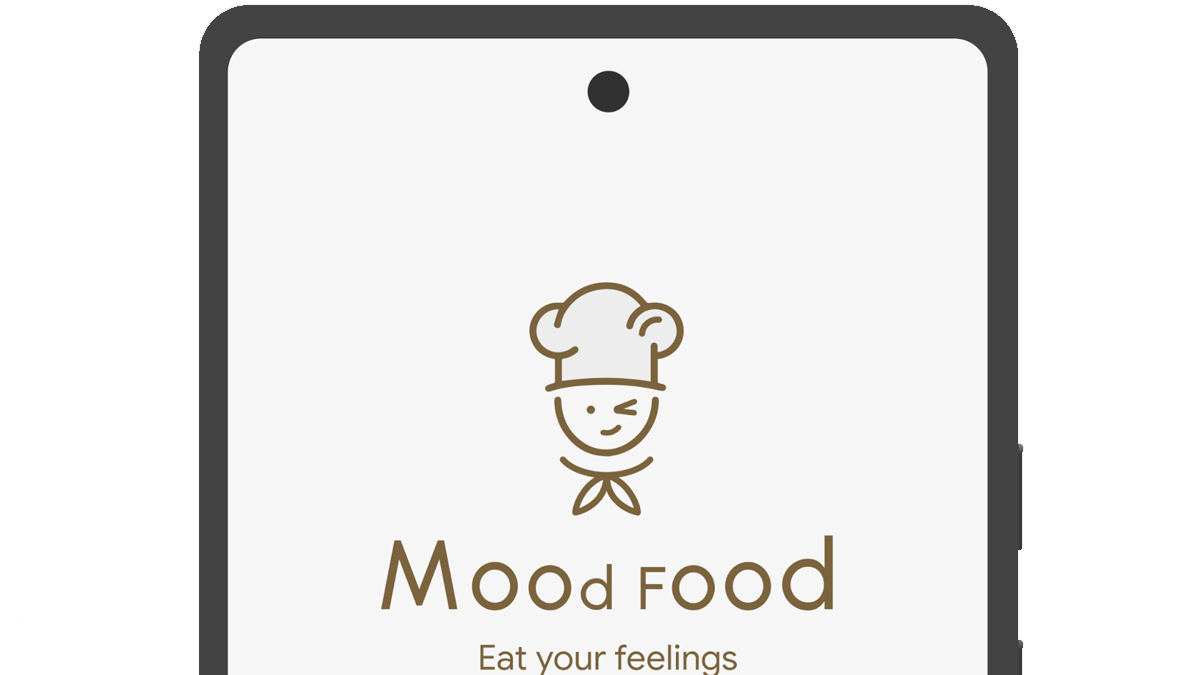Google unveils AI food coach for mood-based eating
Google is developing an AI food coach that gives you recipes for dishes that completely match your mood. In a developer blog, it writes about developing a series of generative AI templates that combine the Large Language Models with Google’s APIs.
mood food
When you’re feeling down, you just want a bowl of chocolate ice cream, but when you’re feeling good, you go for that salad. Everyone knows that’s how it works, but Google wants to help you make better decisions. Under the name Mood Food, with the subtitle ‘Eat your feelings’, Google developed a way to combine advice about life with recipes: after all, we both sometimes look for it via the well-known search engine. With Mood Food, Google introduces a funny personal chef who listens to how your day was, how you feel and what you think, and then comes up with a dish that matches your mood.
Broken heart ice creams
There’s the broken heart ice cream and the oxymoron sandwich, the Monday blues lasagna: all are the inventions of a ‘food therapist’, developed by Google. For example, you could ask, “I need to impress my future mother-in-law. If I don’t succeed, my boyfriend who I’ve been with for 10 years won’t ask me to marry him.” While that is quite an intense dilemma with many questions to ask, remember that it involves human emotions. That friend probably doesn’t even know what’s going on inside him or her, but this is what people entrust to Mood Food in the hope of a dish that takes the taste buds on a heavenly rollercoaster of highlights. How does Mood Food respond to such a question? “My future mother-in-law’s chicken soup,” for example. You get an ingredients list, the recipe and then you can get started.
Moreover, Google sees more applications than just within food. Maybe it can also recommend songs or travel destinations. Or even recipes that you can order immediately via a Thuisbezorgd-like system. For Google, it’s still kind of an experiment to see how the PaLM API could be used for different purposes, like generate a funny answer, come up with recipes, and so on. Google writes: “In the current demo, we use the LLM four times. The first time, the LLM is asked to be creative and come up with recipes for the user based on the user’s input and context. The second question formats the responses in JSON (JavaScript Object Notation). The third question ensures that the naming is appropriate as a safeguard. The last question converts unstructured recipes into a formatted JSON recipe.”
Related articles
Open source project
Mood Food will be open source (via GitHub), so developers and startups can get started. In addition, Google continues to experiment with it within its Partner Innovation team. If you want to know more about the technology behind it, read Google’s blog.



